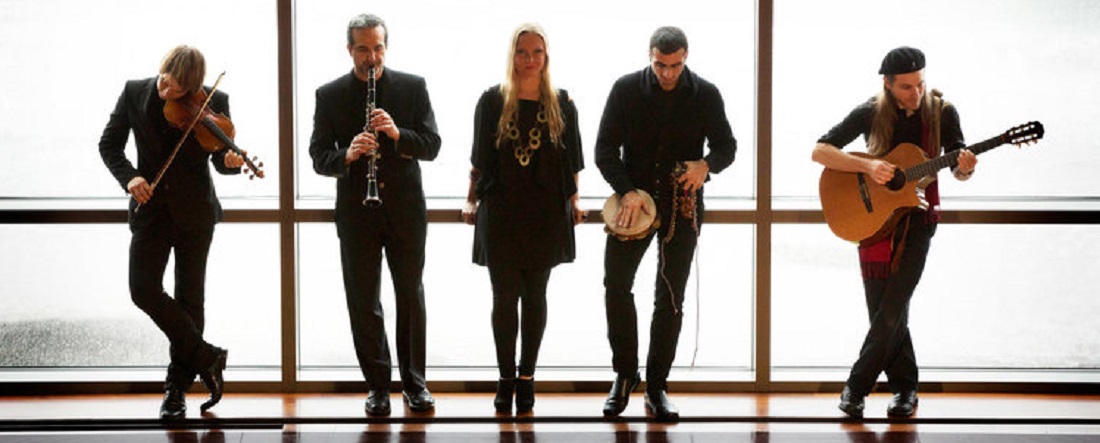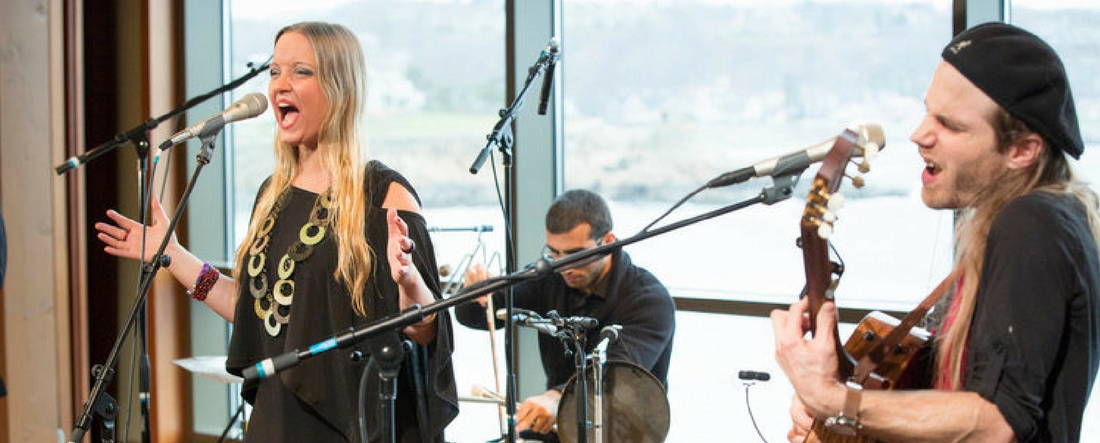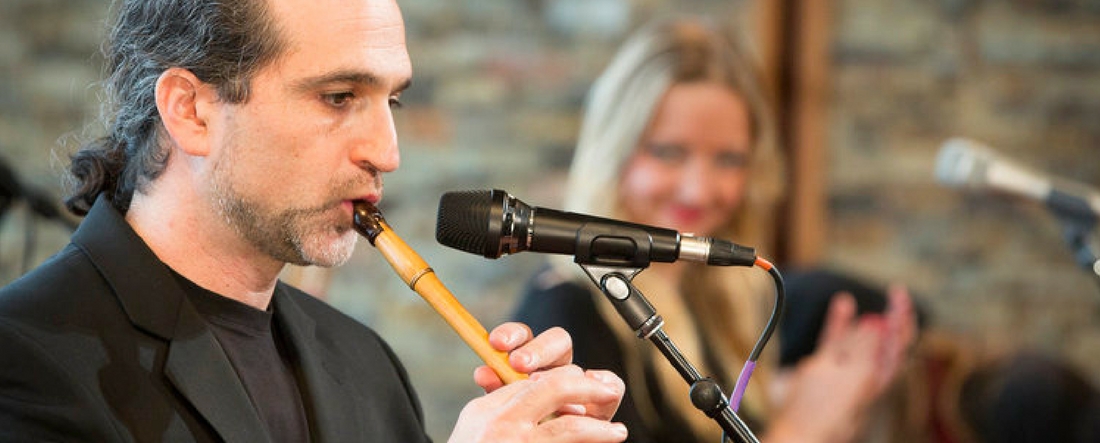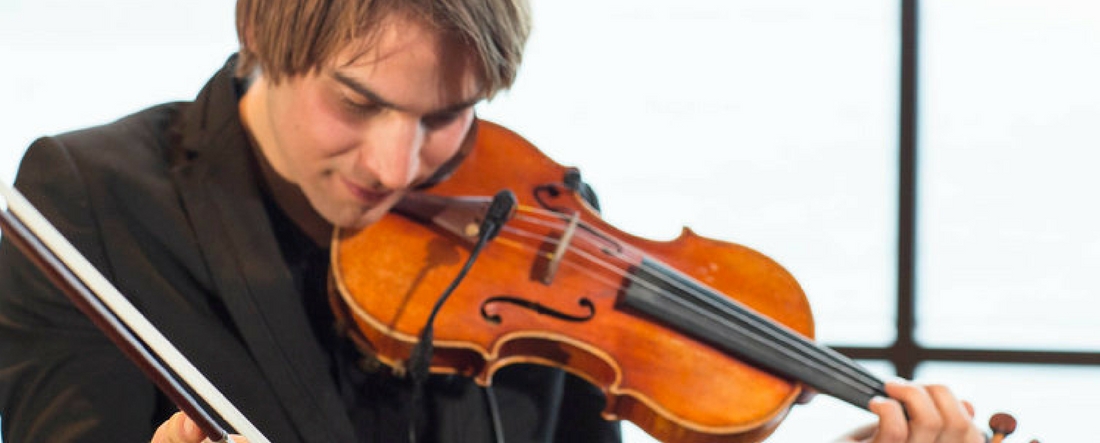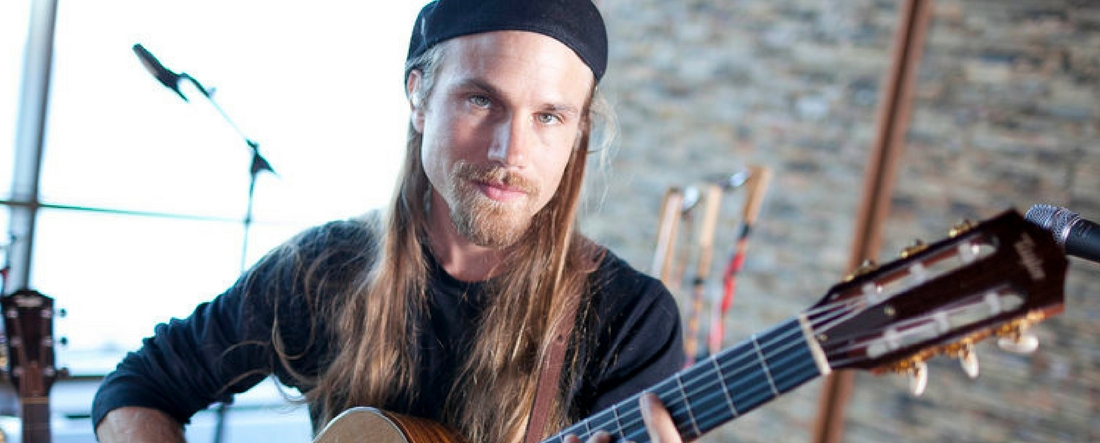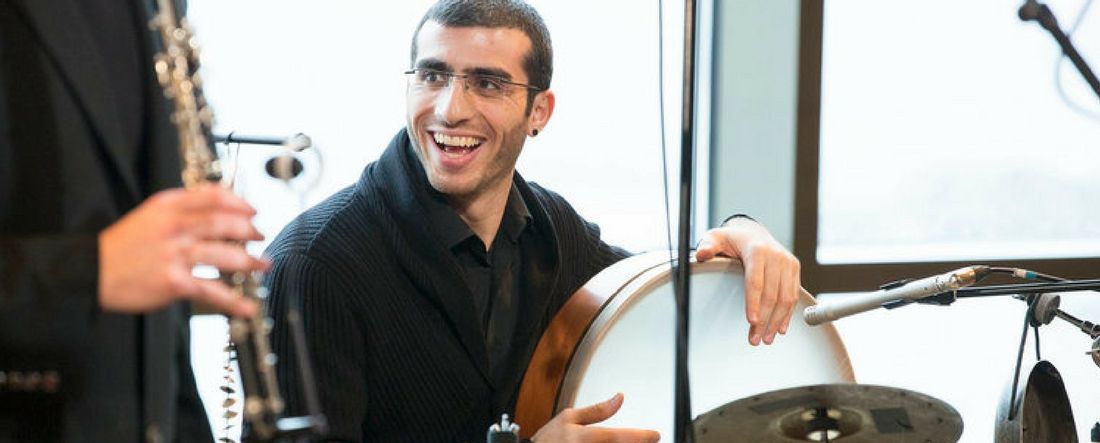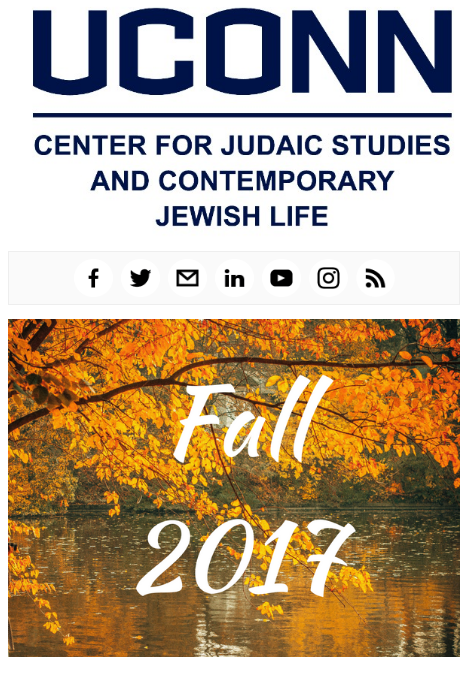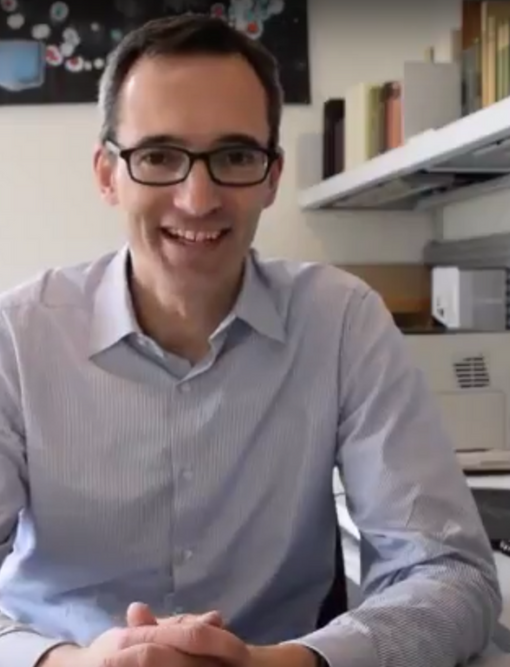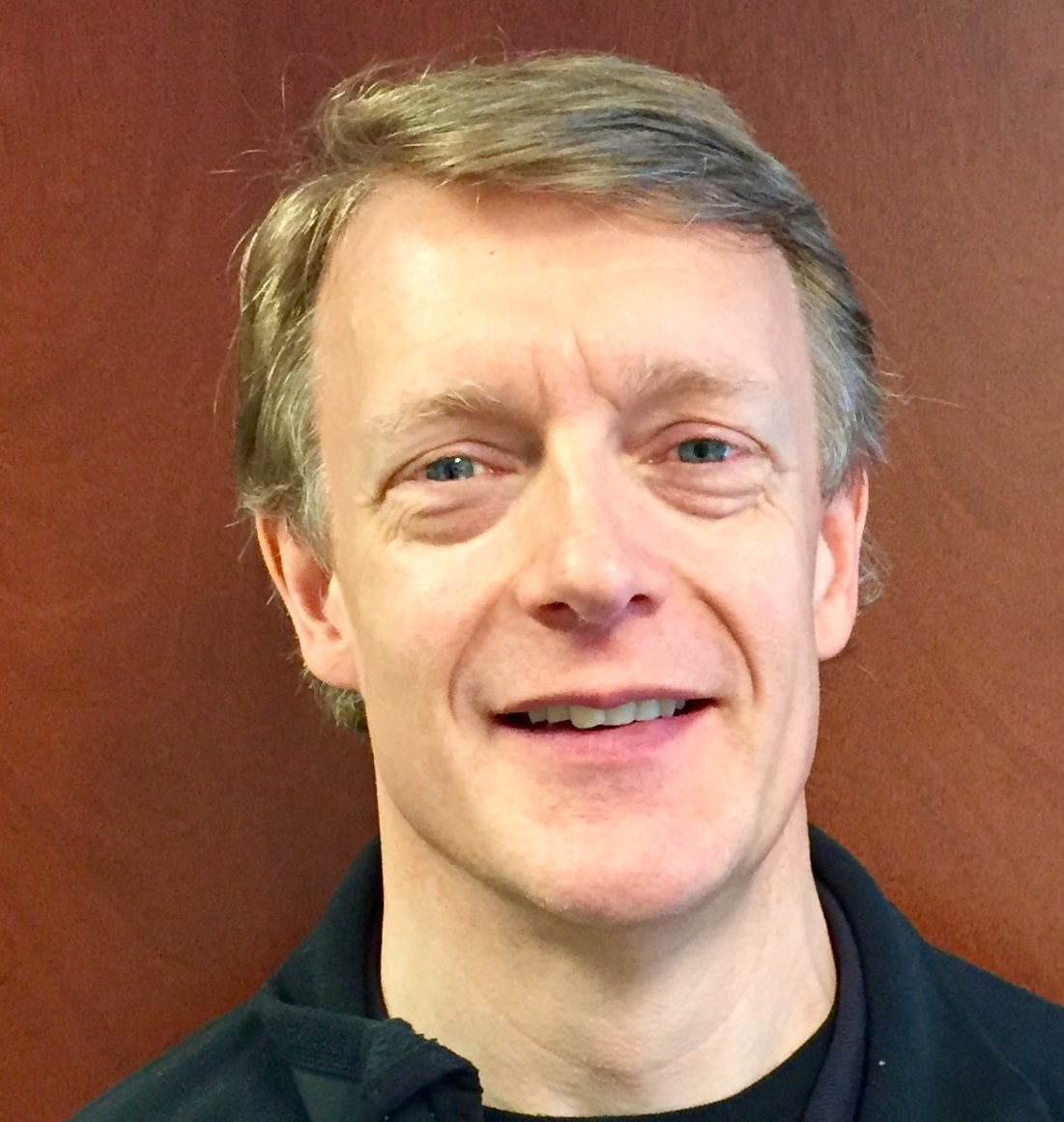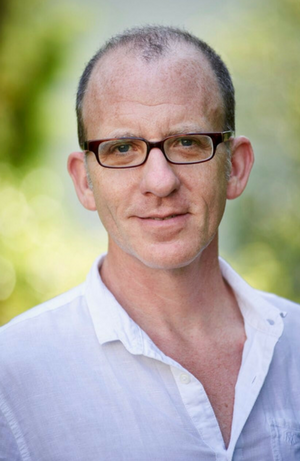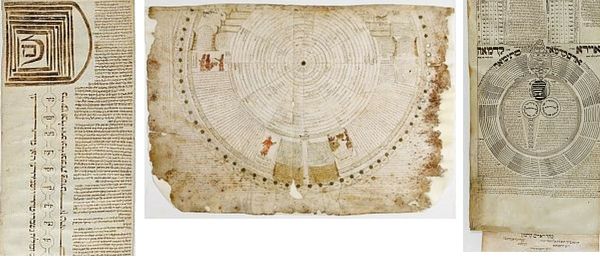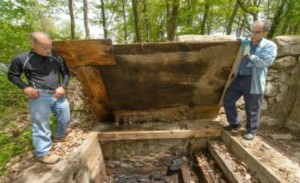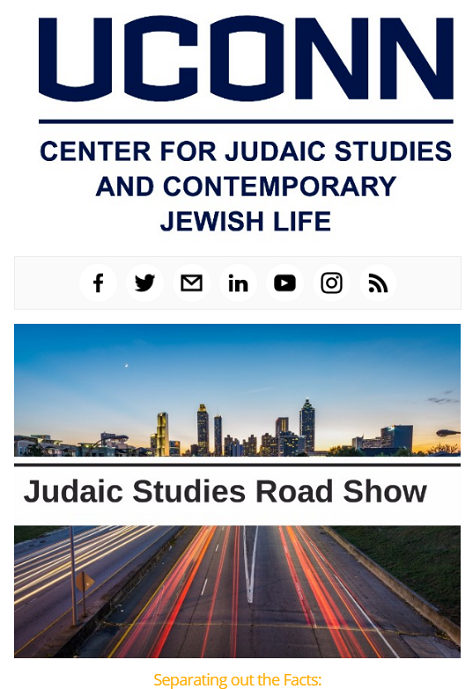Ten years ago, in the fall of 2007, my husband, 2-year-old daughter, and I moved across the Connecticut River to be nearer Storrs campus. I was about to begin the master’s program in Judaic Studies at UConn where I hoped to pursue a PhD. At the time, I was fascinated with the Second Temple and early rabbinic periods (and still am) and had highlighted most of my copy of Sages and Commoners. Like others I would meet in my graduate student cohort, I was excited to study under its author, Professor Stuart Miller, who was noted as a premiere historian of ancient rabbinic culture and who was mentored by the illustrious Lawrence Schiffman. Dr. Schiffman, who played a part in the long awaited for publication of the Dead Sea Scrolls, was one of many guest speakers who Professor Miller brought in to speak with our small cohort. Others included James Kugel, best known for his magnum opus How to Read the Bible, and Josephus expert Tessa Rajak. As students in the Judaic Studies program, we were surrounded by eminent scholars who studied all periods of Jewish history from ancient to modern, and we benefited from their expertise. It was a thrilling time. My fellow classmates would go on to pursue further graduate study at Princeton, Yale, and Oxford Universities. I’m excited for the time when they return as guest lecturers themselves and share their own research with UConn students.
It would take me six years before I finished the master’s program. During that time, I had the privilege of helping students as Professor Miller’s graduate assistant and later, as Professor Arnold Dashefsky’s assistant, I developed a passion for the study of modern Jewry and a deep interest in Holocaust studies and antisemitism. At the end of my graduate school career, Professor Dashefsky had taken on the co-editorship of the 108-year-old American Jewish Year Book, an annually published volume of topical articles and resource information on the Jewish communities in North America. I began work on this project by assisting in the research and, after graduation, continued on as the editorial assistant for the iconic publication, a position I hold today.
Six years of graduate study is a long time. Long enough time for my son to be born and for me to go through treatment for breast cancer. It was during the recovery of this disease that I realized specialized study in graduate school that would lead to the PhD would mean hours away from my young children. I wanted to watch them grow, and I wanted to put family life first. That’s when I, again, turned to the Center for Judaic Studies. I was looking for meaningful work, and the Center’s mission to promote the academic and scholarly study of Jewish history, culture, and civilization to a wide audience and to grow their student engagement resonated with me.
My goal during my time working at the Center has been to create greater visibility for its programs and resources. I want everyone to know about the compelling research and study being undertaken by the faculty in Jewish studies and about the outstanding guest speakers and cultural programs that we sponsor. I started by designing their website and making available as much information as possible on our programs, faculty, students, and resources. I created the Recap Page so those who missed out on our events could get a feel for what they might have gained from being there. I established the monthly newsletter to keep people informed on all the great work that goes on at the Center and the many accomplishments of our faculty. I’ve developed promotional procedures for our programming and courses and had the campus papered with our new course flyers.
I never thought graphic design, website management, or marketing strategies would be aspects that I would learn and develop in my professional life, but I have discovered that it is not simply the study of Jewish history and culture that could be so fulfilling to me. It is the ability to share that passion in Jewish studies and to help foster its growth that is what’s meaningful. It has been a truly rewarding experience to be a part of the Center’s invaluable mission to connect the campus community with Jewish studies and culture.
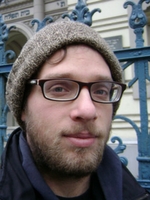 Documentary film-maker Noam Osband will be presenting a screening of his award-winning short film, The Radical Jew, on Tuesday, November 14, from 9:30 am – 11:00 am. The screening will be held in Video Theater 2 at the Homer Babbidge Library.
Documentary film-maker Noam Osband will be presenting a screening of his award-winning short film, The Radical Jew, on Tuesday, November 14, from 9:30 am – 11:00 am. The screening will be held in Video Theater 2 at the Homer Babbidge Library.